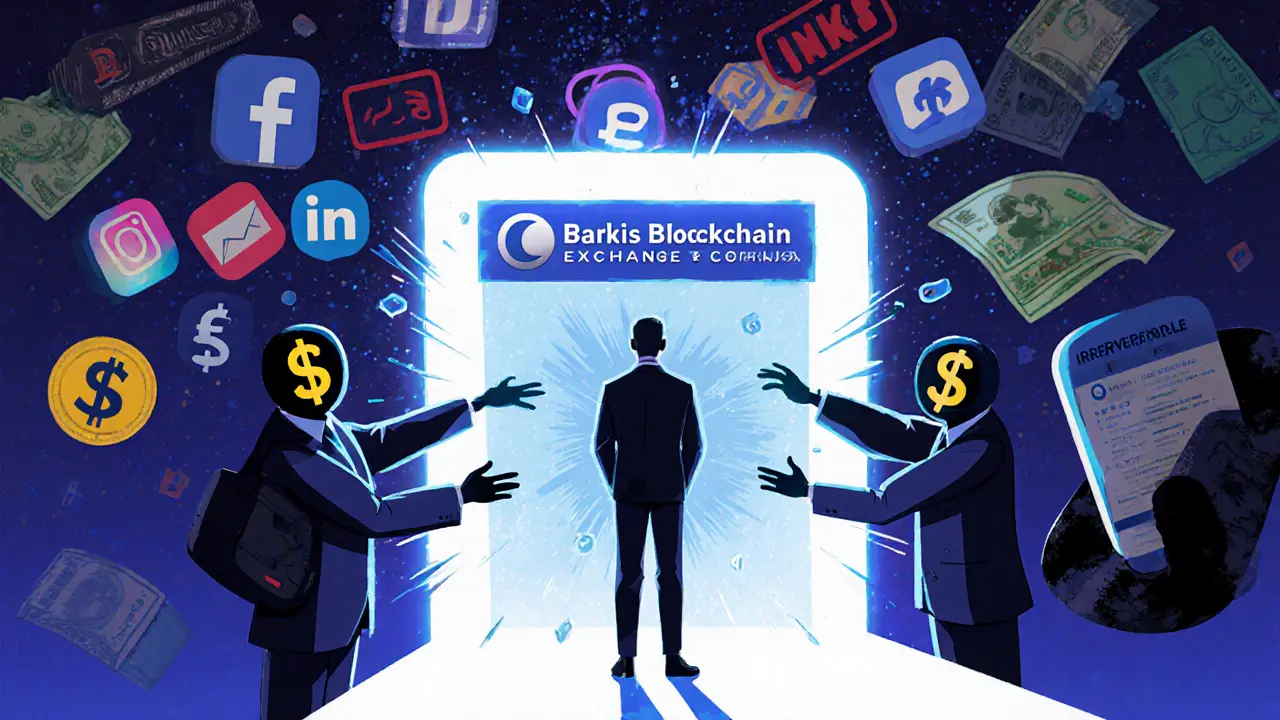Secure Crypto Exchange: How to Choose One That Actually Keeps Your Assets Safe
When you're trading crypto, your secure crypto exchange, a platform designed to protect user funds with strong security layers like cold storage, multi-signature wallets, and real-time threat monitoring. Also known as a trusted crypto platform, it’s not just about low fees or fast trades—it’s about making sure your coins don’t vanish because of a hack, phishing scam, or sloppy internal controls. Most exchanges claim to be secure, but only a few actually build their systems around the idea that your money is non-negotiable. Think about it: if an exchange gets hacked and you lose your Bitcoin, do they refund you? Probably not. That’s why you need to know what real security looks like—not just marketing buzzwords.
A secure crypto exchange, a platform designed to protect user funds with strong security layers like cold storage, multi-signature wallets, and real-time threat monitoring. Also known as a trusted crypto platform, it’s not just about low fees or fast trades—it’s about making sure your coins don’t vanish because of a hack, phishing scam, or sloppy internal controls. Most exchanges claim to be secure, but only a few actually build their systems around the idea that your money is non-negotiable. Think about it: if an exchange gets hacked and you lose your Bitcoin, do they refund you? Probably not. That’s why you need to know what real security looks like—not just marketing buzzwords.
Look closer at what happens behind the scenes. A truly secure crypto exchange doesn’t just store your keys in a digital vault—it splits them across multiple locations, requires multiple approvals to move funds, and keeps 95%+ of assets offline. It also monitors for unusual login patterns, blocks traffic from known malicious IPs, and uses VPN detection, a system that identifies and restricts users attempting to bypass geographic restrictions using proxy services. Also known as geolocation blocking, it helps exchanges comply with local laws and prevent fraud from high-risk regions. You’ll see this in action with platforms like Bybit and Coinbase, which flag suspicious logins even if you’re using a clean VPN. And then there’s 2FA recovery, the process of regaining access to your account if you lose your authentication device, using backup codes, hardware tokens, or biometric fallbacks. Also known as account recovery protocol, it’s the safety net you hope you never need—but will regret not setting up if you do. Without proper 2FA recovery, you could be locked out forever, even if the exchange itself is bulletproof.
And don’t ignore exchange tokens, crypto tokens issued by exchanges that offer fee discounts, staking rewards, voting rights, and sometimes even a share of platform profits. Also known as platform tokens, they’re not just perks—they’re indicators of a platform’s long-term commitment to user trust. If an exchange gives you discounts for holding its native token, it’s signaling confidence in its own stability. Binance’s BNB, KuCoin’s KCS, and Tokens.net’s TKN aren’t just trading assets—they’re proof the platform is aligned with your interests. When you see an exchange that rewards loyalty with real value, it’s a good sign they’re thinking long-term.
What you’ll find in the articles below aren’t just lists of "best exchanges." You’ll get real breakdowns of how platforms like Newdex, MistSwap, and Tokens.net handle security, how they detect VPNs, what their 2FA recovery options look like, and whether their tokens actually add value. No fluff. No sponsored blurbs. Just what works—and what doesn’t—based on how these systems behave in the wild.
